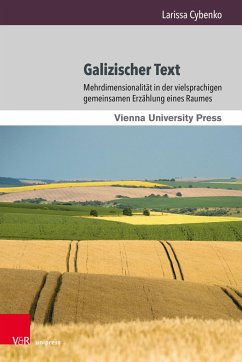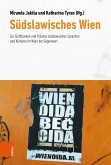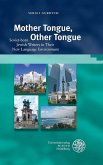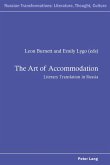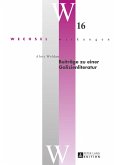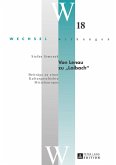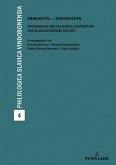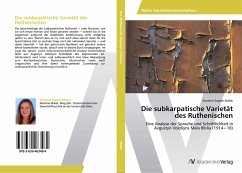Galizien war ethnisch, konfessionell, linguistisch, sozial und politisch vielfältig. Hier entstand ein Geflecht von Beziehungen und Spannungen zwischen den Kulturen, das sich im Gesamtkontext der Galizienliteratur widerspiegelt. Dieser Band untersucht Texte über einen geographischen, sozialen und kulturellen Raum, die in verschiedenen Sprachen und Genres zu unterschiedlichen Zeiten erschienen und semantisch miteinander verbunden sind. Sie bilden einen gemeinsamen »Galizischen Text«, der im Laufe von zwei Jahrhunderten narrativ produziert wurde und mehrere Paradigmen der historischen Region Galizien verkörperte. Es werden prägnante Beispiele deutschsprachiger und polnischer Autor:innen, Deutsch oder Polnisch schreibender jüdischer Schriftsteller:innen sowie ukrainischer Erzähler:innen und Dichter:innen aus dem Umfeld der galizischen Thematik analysiert und verglichen.
Galicia was ethnically, religiously, linguistically, socially and politically diverse. This created a network of relationships and tensions between cultures, which is reflected in the overall context of Galician literature. This book is about literary texts on one geographical, social and cultural space that appear in multiple languages and genres at different times which are semantically connected to one another. They form a common "Galician Text", which was narratively produced over the course of two centuries and embodied several paradigms of the historical region Galicia. Concise examples from German and Polish speaking authors, Jewish writers who write in German or Polish, and Ukrainian storytellers and poets from the Galician context are analyzed and compared.
Galicia was ethnically, religiously, linguistically, socially and politically diverse. This created a network of relationships and tensions between cultures, which is reflected in the overall context of Galician literature. This book is about literary texts on one geographical, social and cultural space that appear in multiple languages and genres at different times which are semantically connected to one another. They form a common "Galician Text", which was narratively produced over the course of two centuries and embodied several paradigms of the historical region Galicia. Concise examples from German and Polish speaking authors, Jewish writers who write in German or Polish, and Ukrainian storytellers and poets from the Galician context are analyzed and compared.

